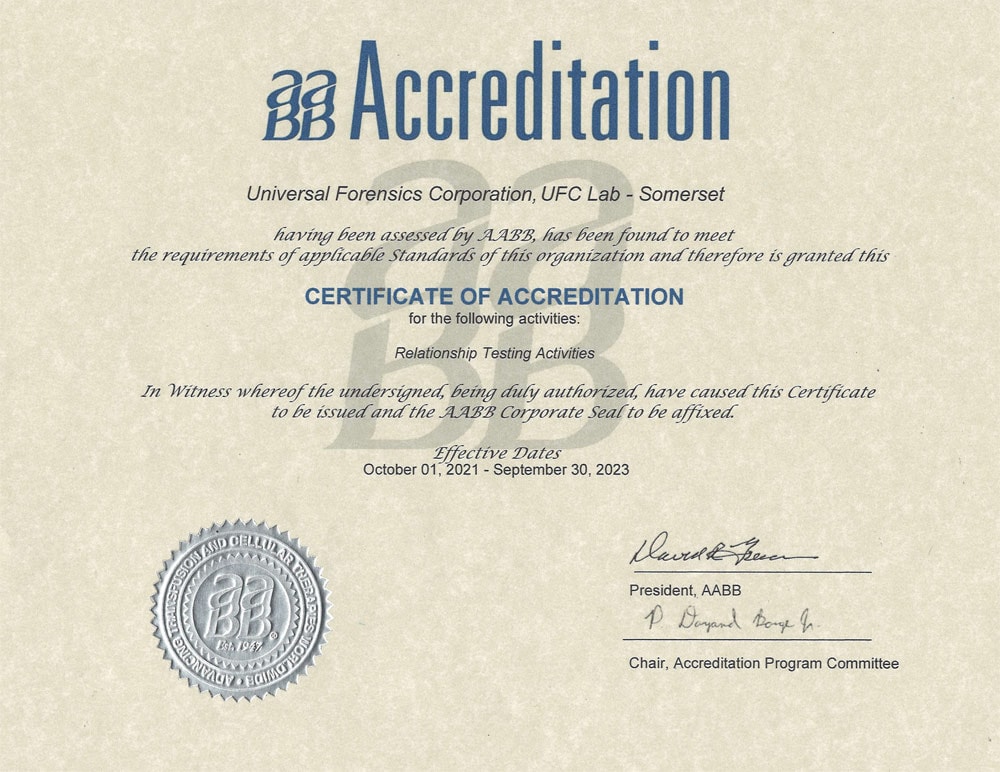What is Reasonable Suspicion Drug Testing?

There are multiple reasons why a company drug tests their employees (pre-employment, random, and post-accident), but we have not talked about reasonable suspicion testing. This testing comes when an employer has a legitimate reason to test an employee. There is no guessing or speculation in their judgment. It is strictly based on the hard evidence that an employee has been taking drugs. Employers have to be careful when choosing to test an employee because of reasonable suspicion to avoid any legal issues afterward and there are some definite do’s/don’ts to be aware of before proceeding with drug testing any employee because of suspicion.
Before we get into the different do’s and don’ts of reasonable suspicion testing, we want to further explain what some of the criteria would lead to reasonable suspicion. This may include an employer directly observing an employee abusing drugs. Another factor may be the observation of abnormal behavior. If an employee is completely out of character, then it could be a warning sign that they are abusing some form of drug in or out of the workplace. Hard evidence that an employee has either purchased, solicited, or taken drugs in the workplace is also another strong reason for reasonable suspicion.
This form of drug testing can lead to murky waters if not approached the correct way by an employer. As an employer, if you choose to test based on reasonable suspicion, it is best to include a clause in employee’s work contracts to avoid legal consequences. Another important thing to keep in mind when including this in your workplace drug policies is to avoid discrimination. If an employee has had drug abuse problems in the past and has sought help, employers cannot test based solely on the fact that they use to have an issue with drugs.
The Do’s
Here are some different things that employers should do when conducting reasonable suspicion policies in their work environment. One major do is to be upfront with employees they are subject to this form of testing. There should be a minimum of two supervisors that concur on this issue before taking any further steps.
Training is a must when it comes to management teams and reasonable suspicion drug testing. These training sessions should give management an understanding of what the signs and symptoms that would lead to reasonable suspicion, as well as the correct way to document these types of behavior. When filing an action against an employee for reasonable suspicion, make sure that you keep your language concise and be specific in your documentation.
The Don’ts
As stated previously, reasonable suspicion drug tests are for incidents that are actively being observed in the workplace. An employee cannot be judged on previous actions or incidents, and reasonable suspicion cannot be created based of these instances.
It is vital in this process that in your documentation you do not over exaggerate the truth about your observations. If you make a claim for reasonable suspicion, make sure that you are documenting exactly what you saw to avoid any confusion or issues.
Learn More: Fingernail Drug Testing







